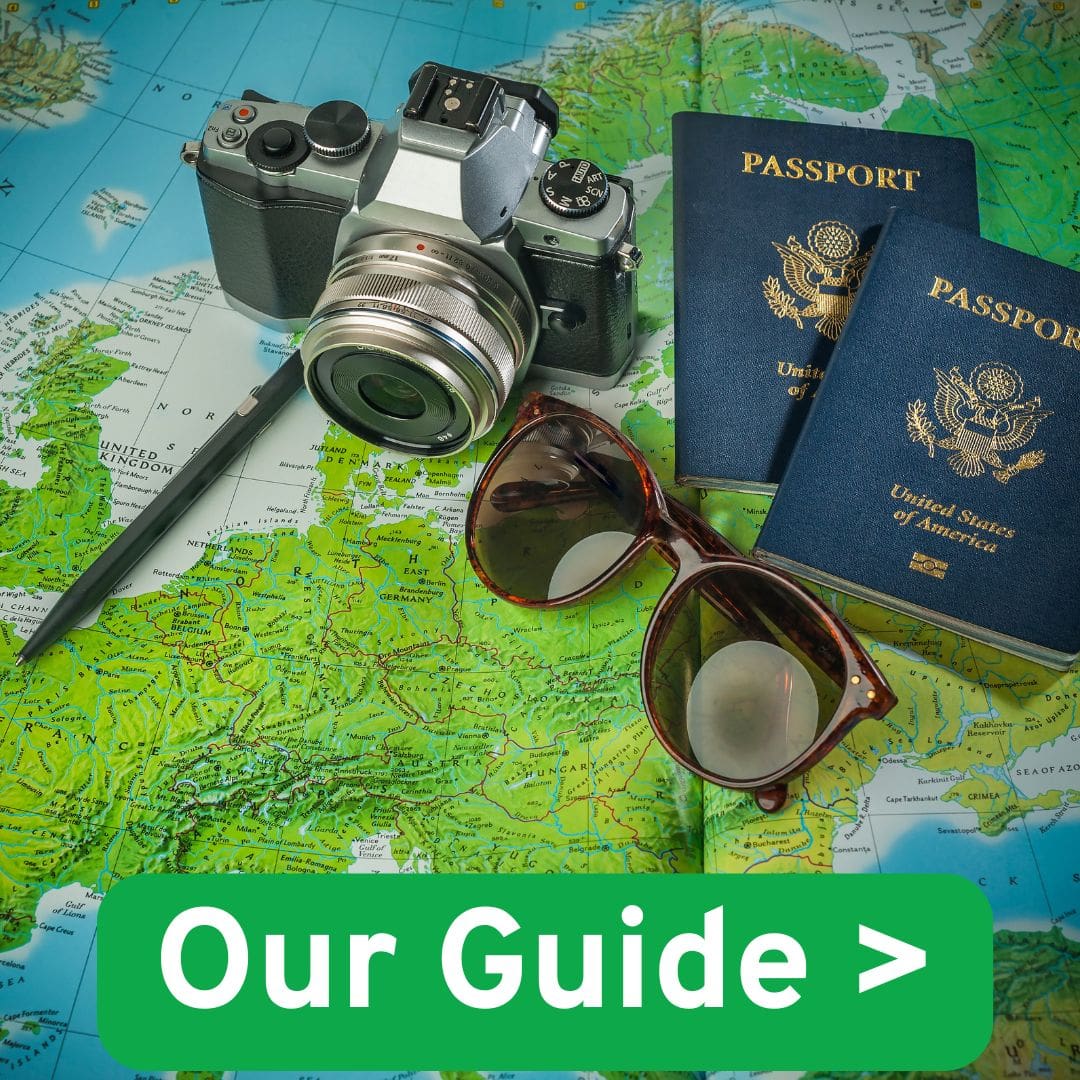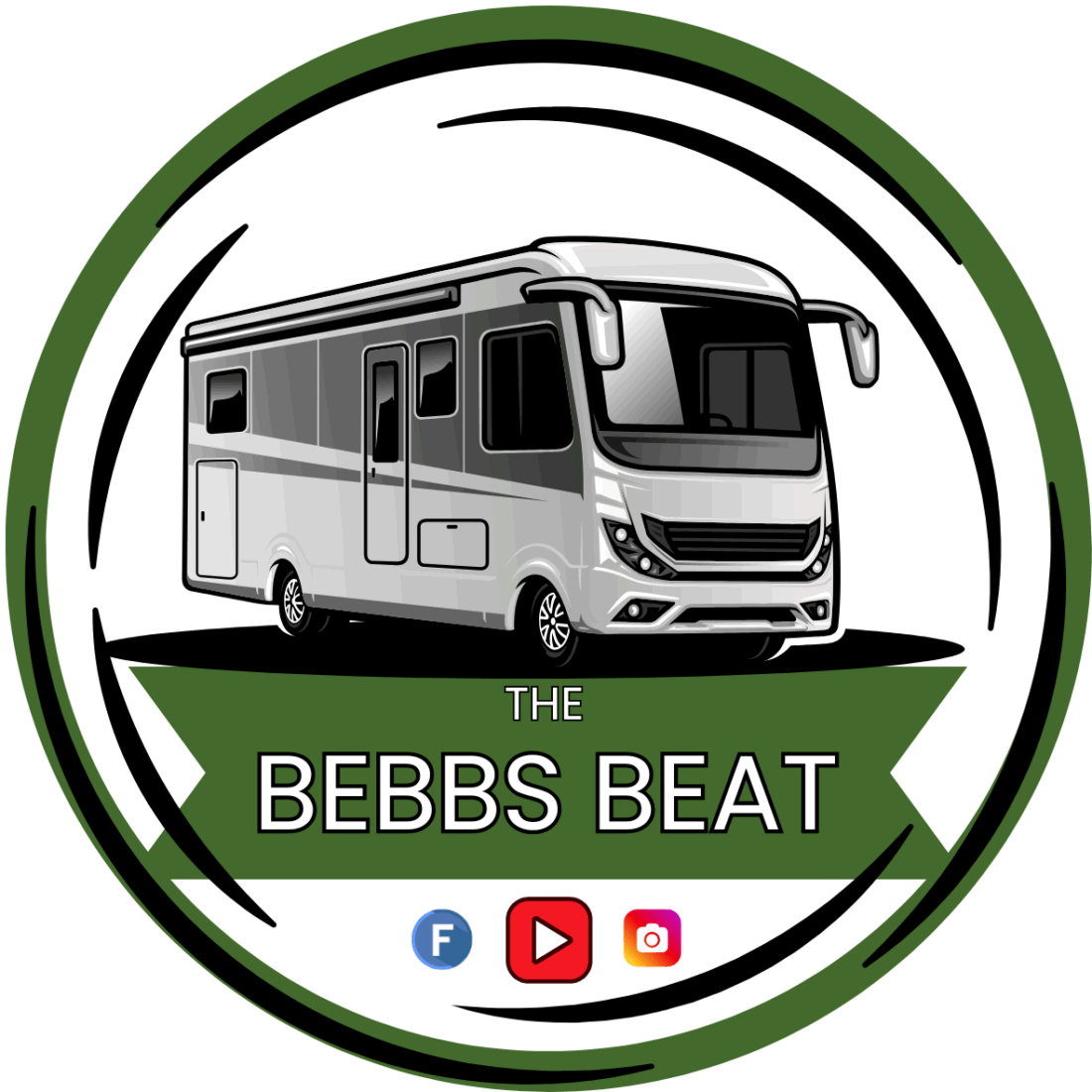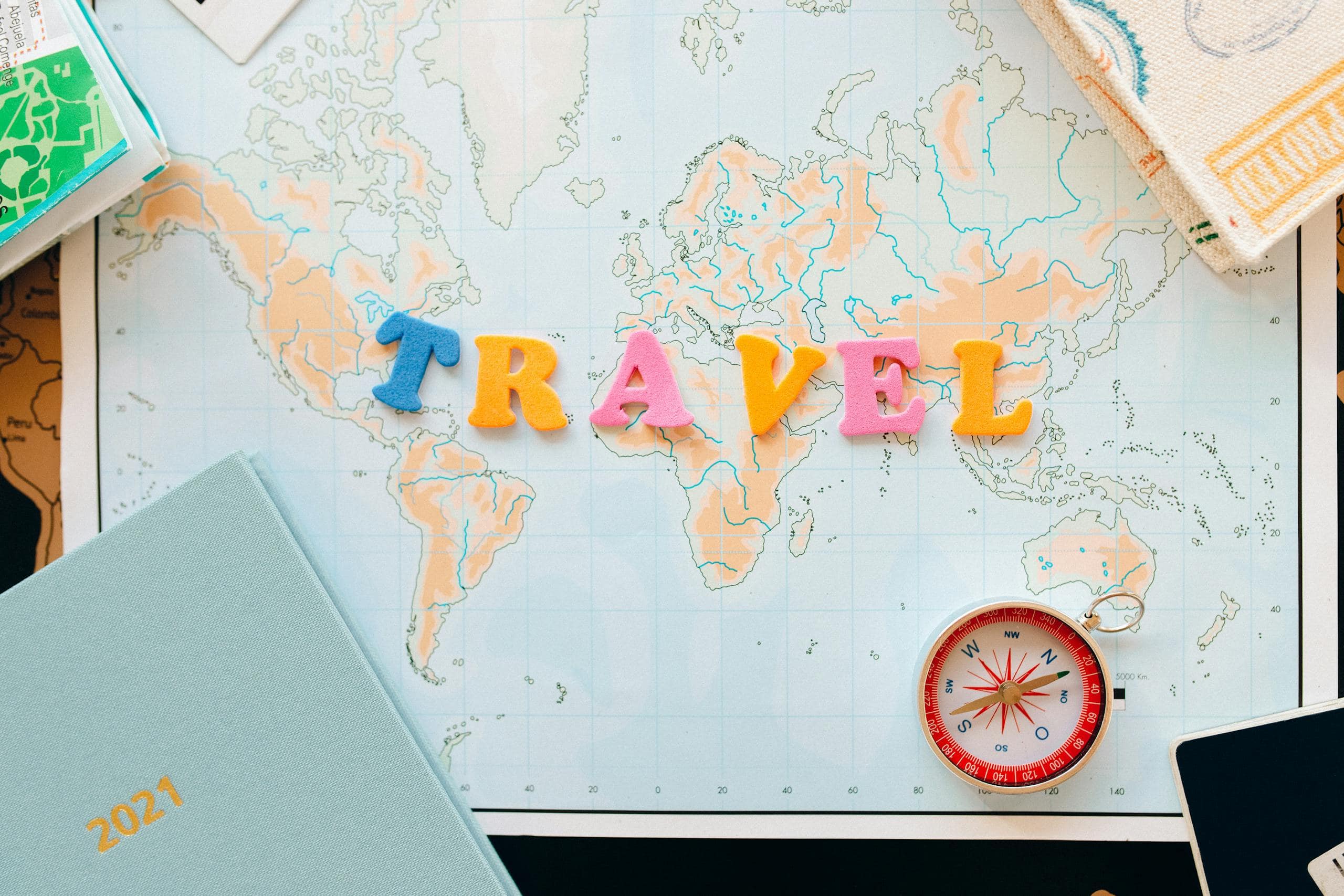A Beginner’s Guide to Motorhoming (In Simple Terms)
10 Things we wish we’d known before hitting the road in our RV!
Introduction
This is my Beginners guide to motorhoming. Whether you’re heading out for weekends or dreaming of full-time travel, stepping into the world of motorhoming can feel equal parts exciting and overwhelming. When we first started, we had zero camping experience, no clue how to hook up to electric, and definitely didn’t know the difference between grey water and fresh!
This guide breaks it all down in simple terms—so you can start your journey with confidence, not confusion. From choosing your van to finding places to park and knowing what to pack, this is the beginner-friendly advice we wish we’d had.
🚋 1. What Is Motorhoming, Really?
Motorhoming is all about having the freedom to travel with your home on wheels. Unlike caravans (which you tow) or campervans (usually smaller), a motorhome combines living and driving in one big unit. That means:
- No constant packing/unpacking
- Your bed, kitchen and loo go wherever you do
- You can stop almost anywhere—from campsites to remote wild spots
It’s a brilliant way to travel, but it comes with a learning curve. Let’s make it smoother.
🛠️ 2. Choosing the Right Motorhome for You
There are a lot of options, and it’s easy to feel overwhelmed. Start by thinking about:
- Size & layout – Do you want a fixed bed? Space to work? A big fridge?
- Storage needs – How long will you travel at a time?
- Driving comfort – Are you happy in a 6m van or confident driving something longer like our American RV?
And remember: it doesn’t have to be perfect. The best way to find what works for you is to get out there.
🧳 3. What to Pack (and What Not To)
Trust us: it’s easy to overpack. You don’t need everything—just the right things. We’ve created free printable checklists to help you out:
Start light, and don’t stress. You’ll figure out what matters most as you go.
🔌 4. Setting Up Your Van: First-Time Tips
Your first campsite setup can feel like a lot. Here’s what to do:
- Plug into electric hook-up (EHU)
- Fill your water tank
- Connect to waste if available
- Use levelling ramps if needed
- Make sure windows, lockers, and drawers are secure
It gets easier, promise.
🗌️ 5. Planning Routes & Finding Stops
Start slow and flexible. Apps like Park4Night are lifesavers for finding free stopovers, aires, or wild spots. We recommend:
- Driving no more than 2–3 hours per day at first
- Arriving before dark
- Avoiding narrow village roads until you know your vehicle’s size!
📱 6. Staying Connected on the Road
We use:
- Starlink as our main internet
- A 4G router with a SIM as backup Even if you don’t work on the road, it’s handy for weather, maps, or just chilling with Netflix.
📂 7. Documents & Safety Essentials
Don’t forget:
- Insurance & breakdown cover
- Vehicle V5C & MOT
- European travel kit (if abroad): warning triangle, hi-vis vests, breathalyser (France)
- First aid kit, fire extinguisher, and CO alarm
Print your ferry bookings and keep everything in one folder—it’s a game-changer.
🏡 8. Campsites, Aires & Wild Camping
You don’t have to book expensive campsites every night. In fact:
- Aires (in Europe) are often free or €5–10
- Wild camping is legal or tolerated in many spots—but check local rules
- Campsites are great for showers, laundry, and recharging
Park considerately, leave no trace, and always have a backup plan.
🌍 9. Motorhoming Abroad
Yes, you can! Just keep in mind:
- Passport rules & Schengen time limits
- Insurance & driving permits
- Ferry options (Dover–Calais, Algeciras–Tangier, etc.)
- Currency + data tips (we use Wise & a travel SIM)
Read our full Morocco motorhome guide for a deep dive into that adventure!
💬 10. What We’ve Learned So Far
- You’ll forget something. It’s fine.
- You don’t need every gadget—just the ones that make life easier.
- The people you meet will make the best memories.
- The learning never stops, and that’s part of the fun.

📅 Want More?
Download our “Motorhome Advice at a Glance” PDF here
Or explore more helpful tools and guides on our Travel Resources page.

